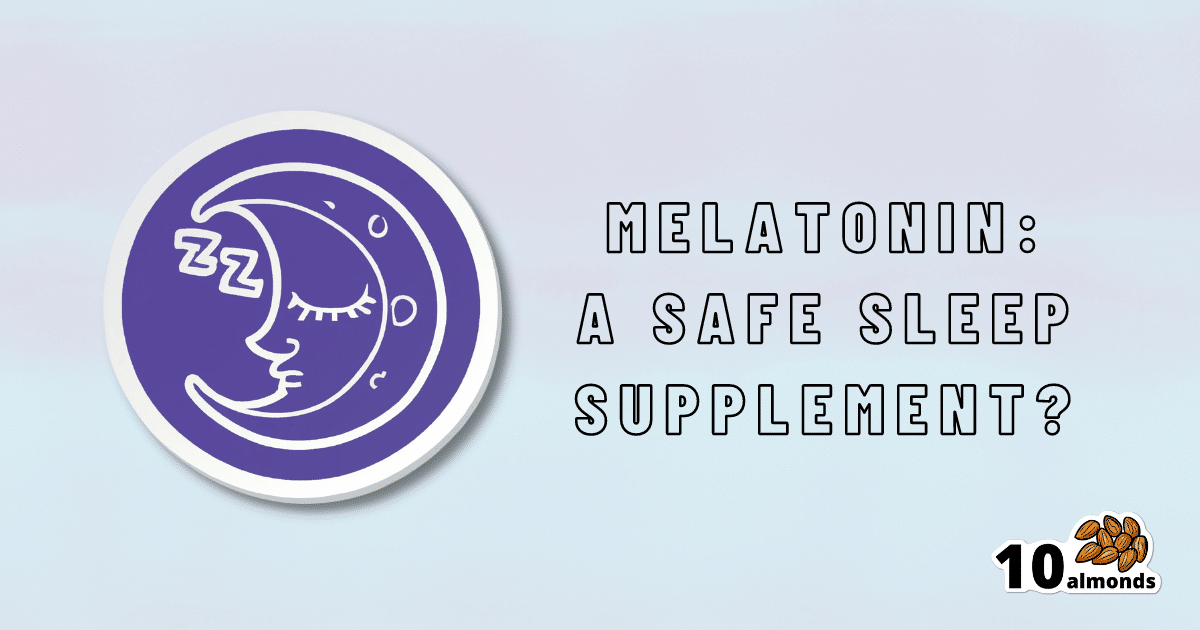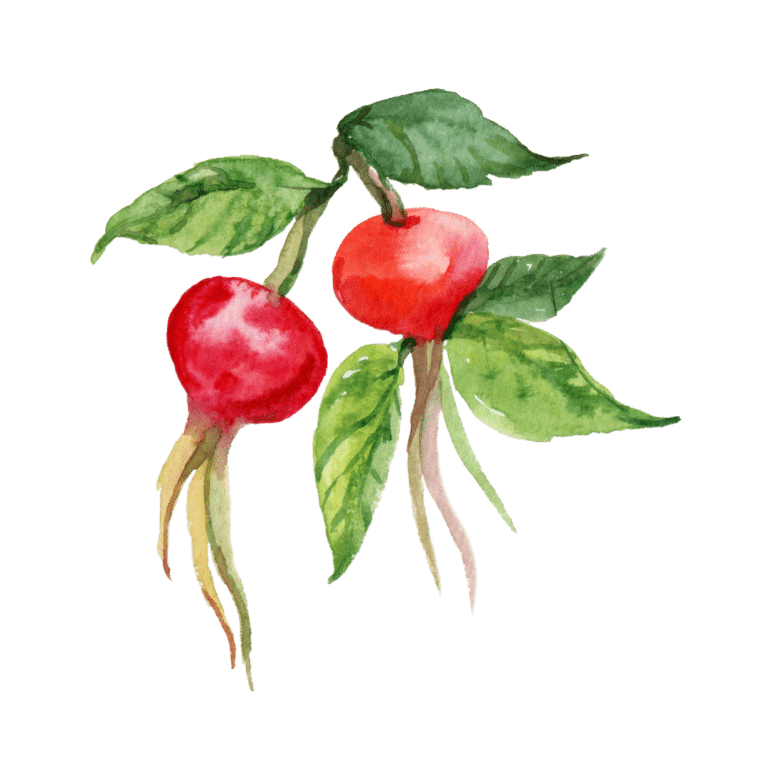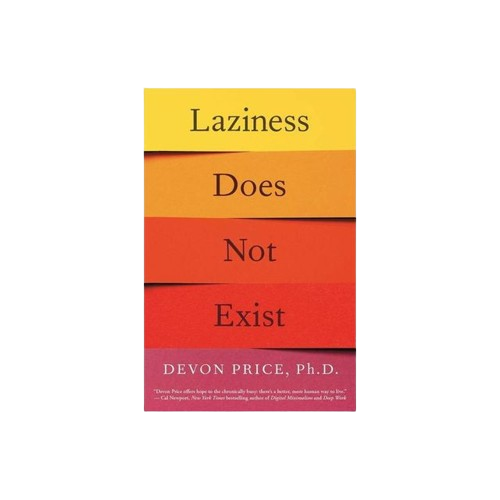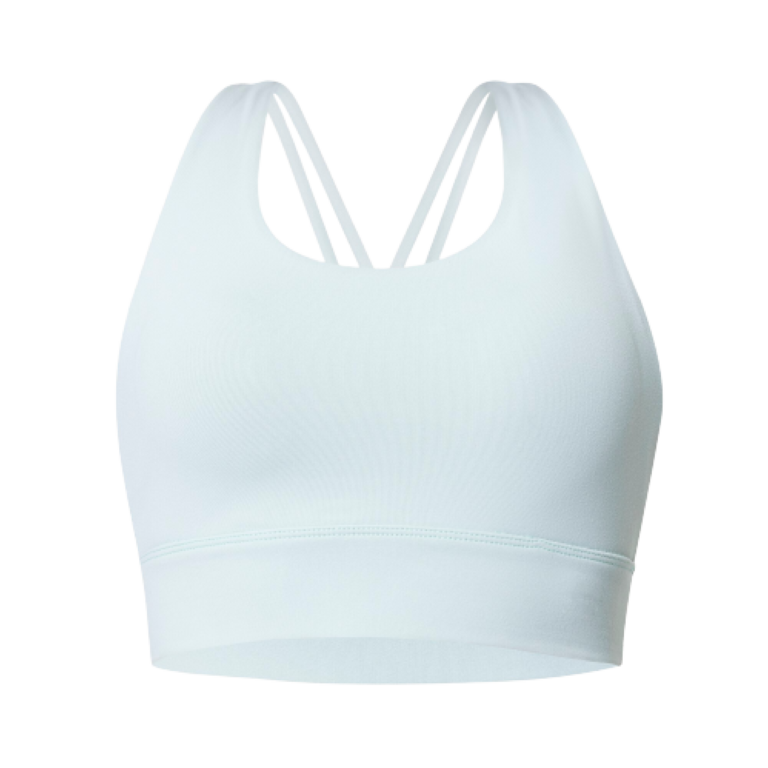Melatonin: A Safe, Natural Sleep Aid?
Melatonin: A safe sleep aid? This hormone helps regulate our sleep-wake cycle and has additional benefits such as improving sleep quality and potentially treating Seasonal Affective Disorder. Consult your doctor before use.

Melatonin: A safe sleep supplement?
Melatonin is a hormone normally made in our pineal gland. It helps regulate our circadian rhythm, by making us sleepy.
It has other roles too—it has a part to play in regulating immune function, something that also waxes and wanes as a typical day goes by.
Additionally, since melatonin and cortisol are antagonistic to each other, a sudden increase in either will decrease the other. Our brain takes advantage of this, by giving us a cortisol spike in the morning to help us wake up.
As a supplement, it’s generally enjoyed with the intention of inducing healthy, natural, restorative sleep.
Does it really induce healthy, natural, restorative, sleep?
Yes! Well, “natural” is a little subject and relative, if you’re taking it as a supplement, but it’s something your body produces naturally anyway.
Contrast with, for example, benzodiazepines (that whole family of medications with names ending in -azopan or -alozam), or other tranquilizing drugs that do not so much induce healthy sleep, but rather reduce your brain function and hopefully knock you out, and/but often have unwanted side effects, and a tendency to create dependency.
Melatonin, unlike most of those drugs, does not create dependency, and furthermore, we don’t develop tolerance to it. In other words, the same dose will continue working (we won’t need more and more).
In terms of benefits, melatonin not only reduces the time to fall asleep and increases total sleep time, but also (quite a bonus) improves sleep quality, too:
Meta-Analysis: Melatonin for the Treatment of Primary Sleep Disorders
Because it is a natural hormone rather than a drug with many side effects and interactions, it’s also beneficial for those who need good sleep and/but don’t want tranquilizing:
Any other benefits?
Yes! It can also help guard against Seasonal Affective Disorder, also called seasonal depression. Because SAD is not just about “not enough light = not enough serotonin”, but also partly about circadian rhythm and (the body is not so sure what time of day it is when there are long hours of darkness, or even, in the other hemisphere / other time of year, long hours of daylight), melatonin can help, by giving your brain something to “anchor” onto, provided you take it at the same time each day. See:
- Is seasonal affective disorder a disorder of circadian rhythms?
- The circadian basis of winter depression: the case for low-dose melatonin use
As a small bonus, melatonin also promotes HGH production (important for maintaining bone and muscle mass, especially in later life):
Anything we should worry about?
Assuming taking a recommended dose only (0.5mg–10mg per day), toxicity is highly unlikely, especially given that it has a half-life of only 40–60 minutes, so it’ll be eliminated quite quickly.
However! It does indeed induce sleepiness, so for example, don’t take melatonin and then try to drive or operate heavy machinery—or, ideally, do anything other than go to bed.
It can interfere with some medications. We mentioned that melatonin helps regulate immune function, so for example that’s something to bear in mind if you’re on immunosuppressants or otherwise have an autoimmune disorder. It can also interfere with blood pressure medications and blood thinners, and may make epilepsy meds less effective.
As ever, if in doubt, please speak with your doctor and/or pharmacist.
Where to get it?
As ever, we don’t sell it (or anything else), but for your convenience, here is an example product on Amazon.
Enjoy!
Share This Post
Learn To Grow
Sign up for weekly gardening tips, product reviews and discounts.




